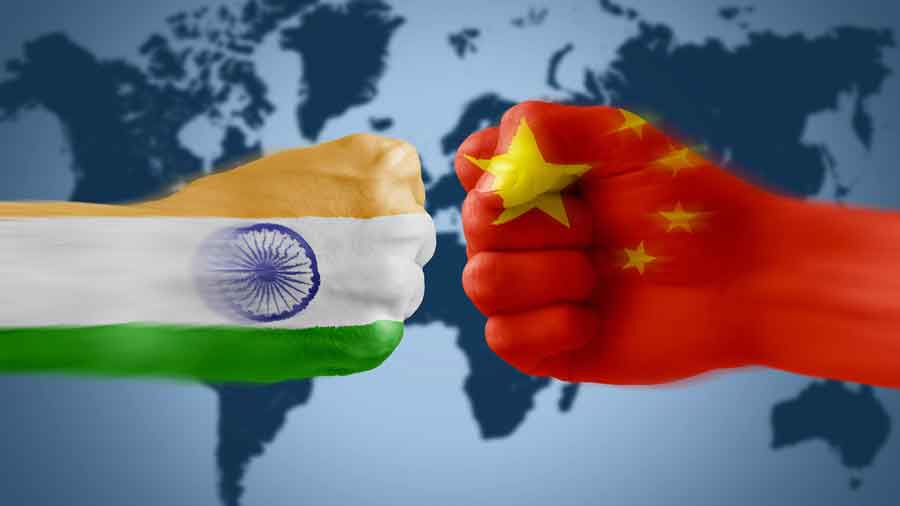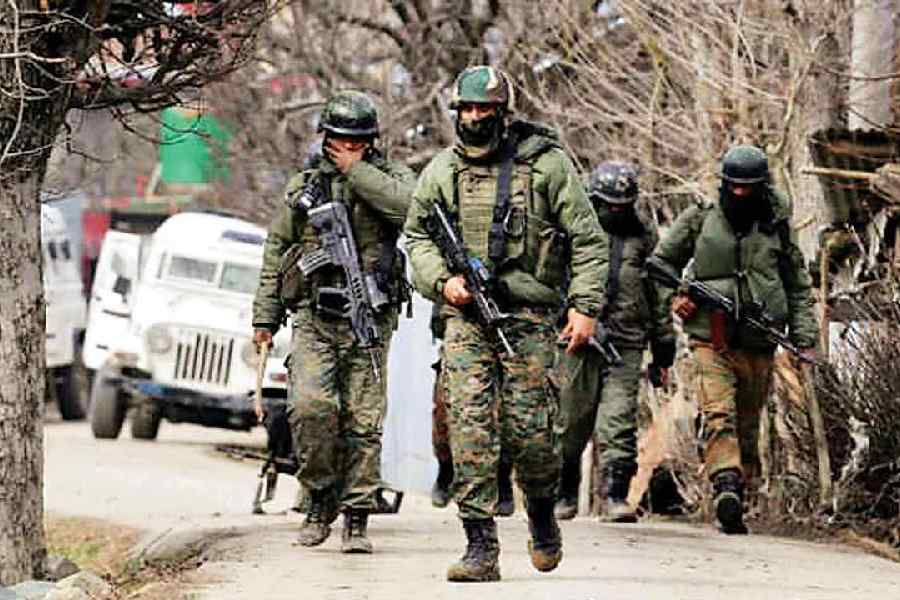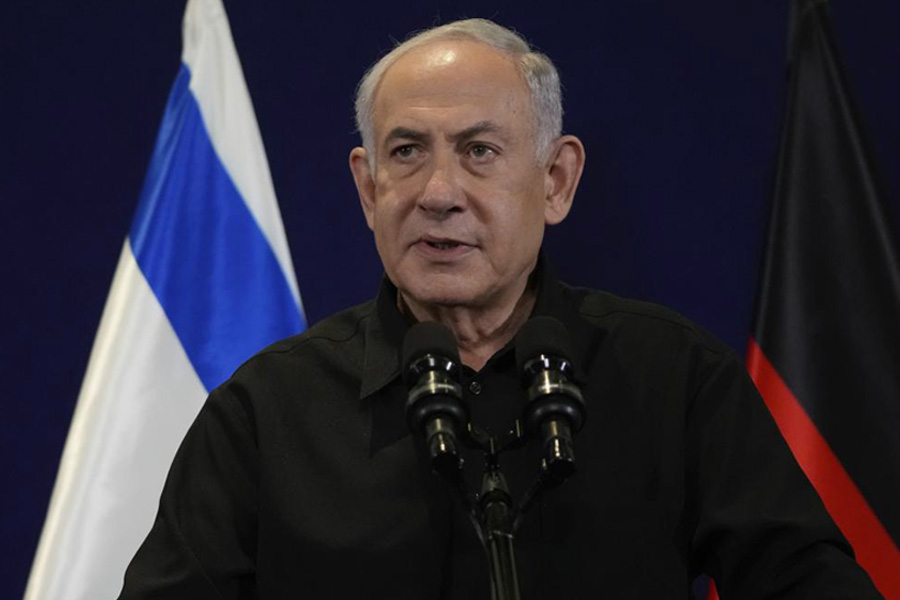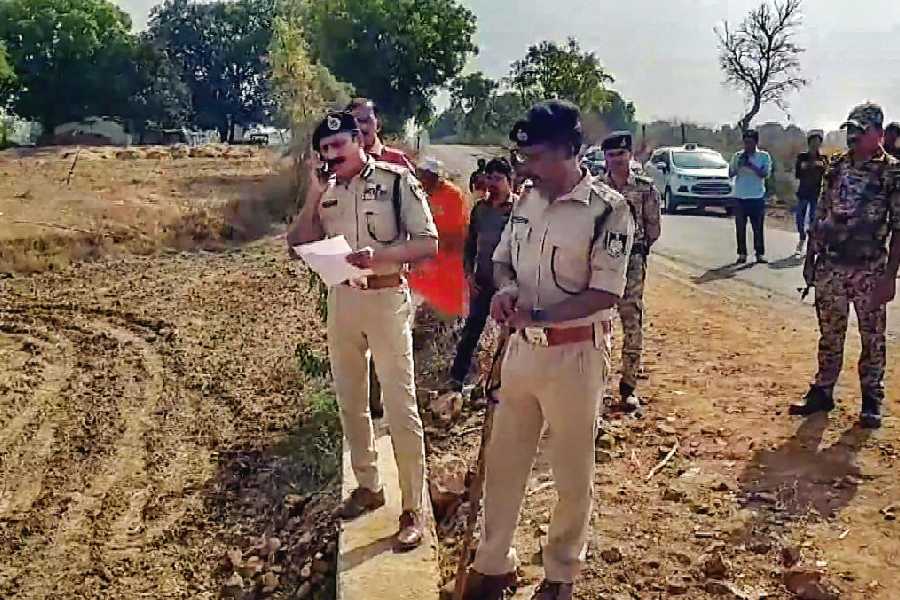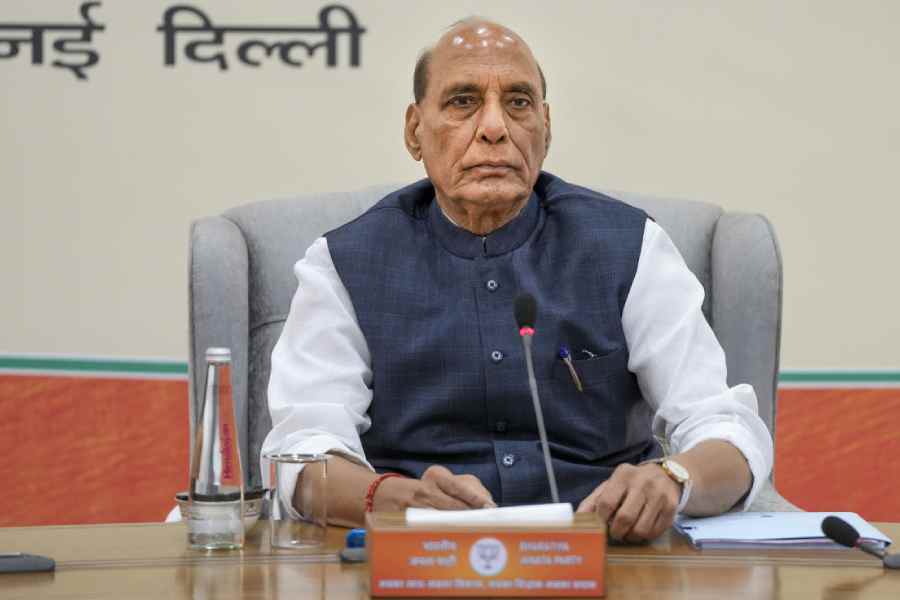China and India have an agreement — not on their contested border, but at least on a broad vision for Asia’s future. Last week, India’s external affairs minister, S. Jaishankar, spoke about the concept of an “Asian century” and said that it cannot be realised unless India and China work together. Asked about his comment, the Chinese foreign ministry suggested that it agreed, and that indeed, an Asian century required the development of both of the world’s two most populous nations. Neither Mr Jaishankar’s comment nor China’s response is in itself unique. But coming at a time when New Delhi and Beijing are going through a prolonged chill in relations over the presence of Chinese troops in a pocket of Ladakh that India claims, it is significant that diplomats of the neighbouring nations are echoing each other. The notion of an Asian century, held up by the two countries, was first articulated in recent times in 1988 by the Chinese leader, Deng Xiaoping, during a summit with Rajiv Gandhi, the prime minister of India at the time. Manmohan Singh, when he was prime minister, spoke of how there was enough room in the world for both China and India to grow.
Yet, in recent years, that worldview has increasingly been replaced by one where New Delhi and Beijing have viewed each other almost exclusively as competitors — over the disputed boundary between their nations, their shared neighbourhood, and even developmental projects in other parts of the world. China’s aggression in Ladakh and in Bhutan, its dangerous ambitions in the South China Sea, and its refusal to cooperate with India even on instituting international sanctions on terrorists have helped poison the relationship. But the current Indian government has also tied itself in knots by portraying to its domestic audience a macho image of its foreign policy capabilities that is at variance with the reality. That makes any accommodation with China, even if it is sensible, vulnerable to politically damaging accusations of a compromise with national interests. It is time for both New Delhi and Beijing to take a step back and acknowledge the truth in Mr Jaishankar’s words: neither country can realise its true potential if the other is an existential threat. The differences and tensions between India and China are deep and complex. They will not be resolved anytime soon. But reviving the idea of an Asia where both prosper is a vital first step.

